Headline Speakers | |
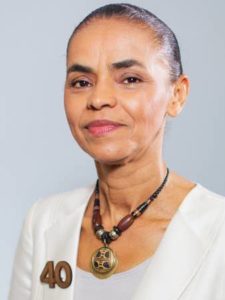 | Marina Silva is an environmental leader and Former Minister of the Environment of Brazil. Born in the Amazonian state of Acre, she began to advocate for the preservation of forests and biodiversity from a young age. Since her involvement in politics, she has run for president three times with an agenda which emphasizes the need for sustainable development and is now a spokeswoman for the Sustainability Party (REDE). She has been recognized worldwide for her efforts and received both the Goldman Environmental Prize and the title of Champion of the Earth by the UN. |
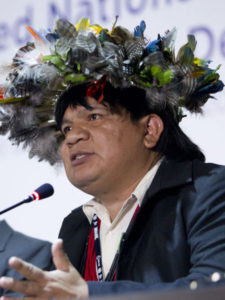 | Almir Narayamoga Suruí is Chief of the Paiter Suruí people in the state of Rondônia, Brazil. He is a major leader in the fight against deforestation in the Amazon. Since 2007 he has leveraged Google Earth technology to help preserve the Amazon rainforest and his people’s way of life. Chief Almir has been widely recognized for his efforts having addressed the UN General Assembly and receiving the Human Rights Prize from the International Society for Human Rights. |
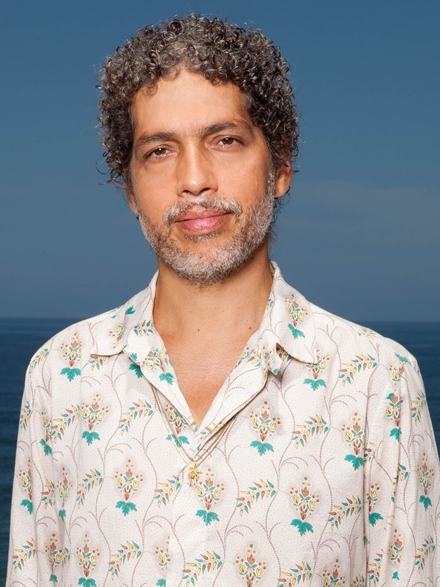 | Estevão Ciavatta is a director, screenwriter and producer who graduated in Film and TV from the Fluminense Federal University (UFF). He is a founding partner of Pindorama Filmes, a production house which gives special attention to social-environmental issues. Ciavatta has received awards for his documentary TV shows Brasil Legal and Central da Periferia as well as his short-film Nelson Sargento no Morro da Mangueira, and feature film Programa Casé. Most recently he has been working on a series of documentary films titled Amazonia Inc. and the short documentary Amazonia: The Last Frontier. |
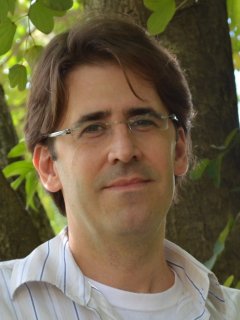 | Tasso Azevedo is a Brazilian scientist and social entrepreneur working on the field of forests, sustainability and climate change. He coordinates the SEEG Network, a System to Estimate GHG Emissions, as well as MAPBIOMAS, a platform to produce annual land cover and land use country maps through a multi-institutional collaboration. A renowned public intellectual and a Skoll Fellow, Azevedo also played a key role in the design and implementation of the National Plan to Combat Deforestation and the Amazon Fund (two of the world's largest forest protection funds). |
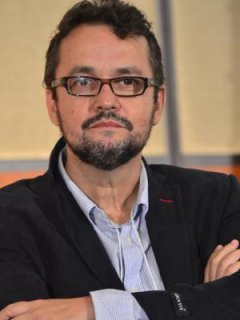 | Beto Veríssimo is co-founder and senior researcher at Imazon, a “think-and-do-tank” based in the Brazilian Amazon. He was trained in Agricultural Engineering at the Federal Rural University of Amazonia (UFRRJ) and earned a Masters in Ecology at Pennsylvania State University. Veríssimo has published more than 170 scientific and technical articles and 25 books on conservation, natural resources management, and public policies. He has led efforts to create over 25 million hectares of conservation units in the Brazilian Amazon, and supported forest management for more than 7 million hectares. Veríssimo has received numerous international honors, including the Skoll Foundation Award for Social Entrepreneurship. |
Featured Speakers | |
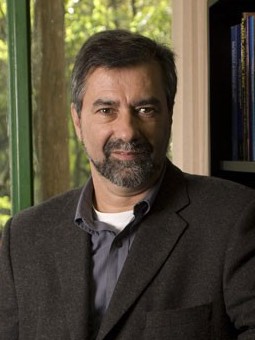 | Paulo Artaxo is professor and head of Applied Physics at the Institute of Physics at the University of São Paulo (USP). He studies the interactions between atmospheric processes and the forest, specifically the climatic effects of aerosols in the Amazon. He previously coordinated two Millennium Institutes for the Large-Scale Biosphere-Atmosphere Experiment in the Amazon (LCA-EBO). He is a member of the Brazilian Academy of Sciences, The World Academy of Sciences, and the UN’s Intergovernmental Panel on Climate Change (IPCC). |
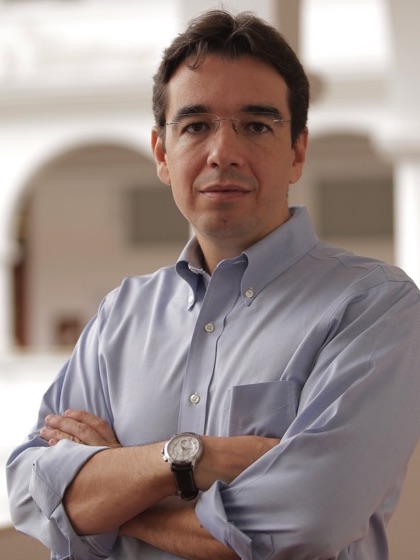 | Juliano Assunção is a leading agro-economist and professor in the Department of Economics at the Pontifícia Universidade Católica of Rio de Janeiro (PUC-Rio). His research touches several aspects of development economics, including agricultural economics, institutions and financial intermediation. He serves as director of the Rio Climate Policy Initiative office and works on land use change within SYSTEMIQ, a company created to drive the implementation of the Paris Agreement and the UN Sustainable Development Goals. |
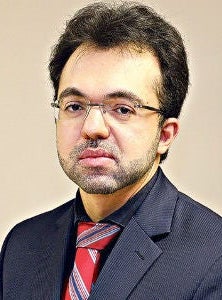 | Daniel Azeredo is a Brazilian Federal Prosecutor in the state of Pará where he deals with environmental lawsuits. He is known for his thorough work and activism combat illegal deforestation in the Amazon rainforest. Most notoriously he developed the “Beef Agreement,” targeting large slaughterhouses to help promote sustainable cattle ranching. |
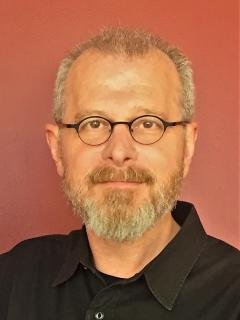 | João Biehl is Co-Director of BrazilLAB and Princeton’s Global Health Program, as well as the Susan Dod Brown Professor of Anthropology. Through the Brazil LAB, Biehl is co-organizing MapBiomasGlobal, a project seeking to produce big data and integrated scientific knowledge on deforestation and forest regeneration in all Amazonian countries and tropical rainforest belts in Asia and Africa. Together with colleagues from the Departments of Anthropology and of Spanish and Portuguese, Biehl is developing an academic partnership with the Graduate Program in Social Anthropology of Brazil’s Museu Nacional, destroyed by fire in 2018. |
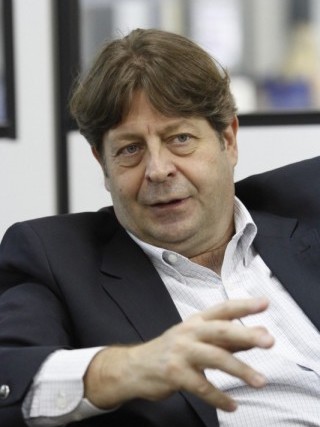 | Luiz Cornacchioni is CEO of the Brazilian Agribusiness Association (ABAG) and has 35 years of experience in the pulp and paper, forest plantations and sugarcane sector. Prior to joining ABAG, he held the CEO role of Planted Forests Producers Brazilian Association (ABRAF), having also gone through executive positions at Terracal Food and Bioenergy and Suzano Paper and Pulp. Cornacchioni graduated from ESALQ - College of Agriculture Luiz de Queiroz at the University of São Paulo – USP and an MBA from Kellogg School in the United States . |
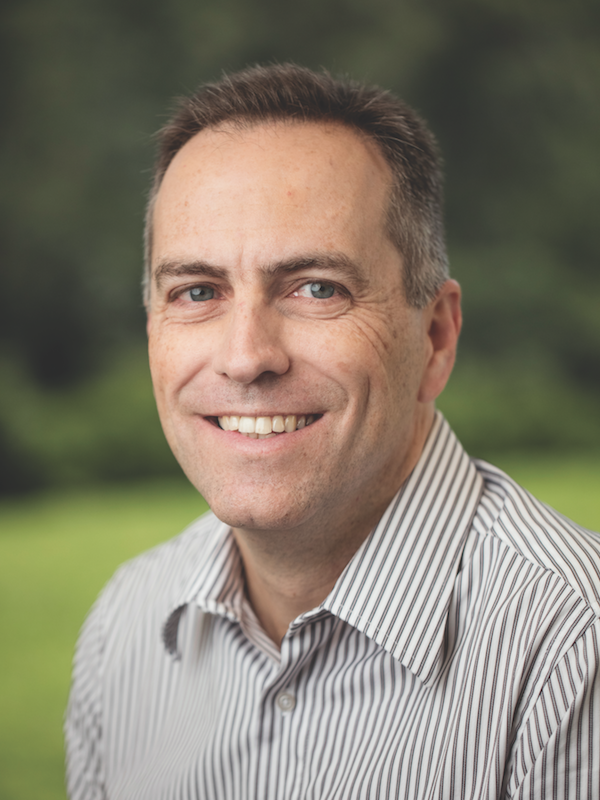 | Roberto Marques is the Chairman of Natura Cosmeticos SA, a group committed to producing natural, ethically sourced cosmetics. Passionate about sustainable development, he also advocates for the promotion of the UN Sustainable Development Goals in several institutions. He received a bachelor’s degree in Business Administration from the Getúlio Vargas Foundation (FGV) and has completed postgraduate programs at the Kellogg School of Management at Northwestern University and at The Wharton School at the University of Pennsylvania. |
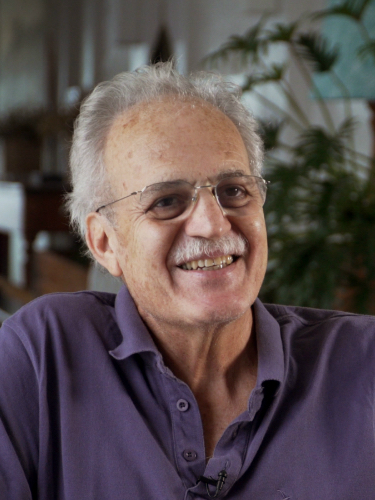 | Carlos Nobre is a climate scientist recognized for his work on biosphere-atmosphere interactions and climate impacts of Amazon deforestation. One of his recent projects, Amazon 4.0, researched alternative models of developing the Amazon in an environmentally sustainable way, through the establishment of a bioeconomy. Nobre has been a part of numerous national and international climate councils which include being Scientific Director of the Brazilian Research Network on Global Climate Change (Rede CLIMA) and member of the Brazilian Academy of Sciences, the International Panel on Climate Change (IPCC), and the UN Secretary-General Scientific Advisory Board for Global Sustainability. |
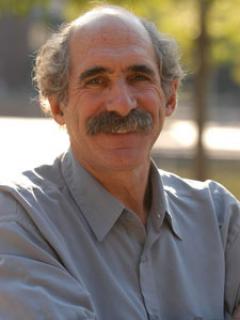 | Michael Oppenheimer is the Albert G. Milbank Professor of Geosciences and International Affairs as well as Director of the Center for Policy Research on Energy and the Environment at the Woodrow Wilson School at Princeton University. Much of his research aims to understand the potential for “dangerous” outcomes of increasing levels of greenhouse gases by exploring the effects of global warming on the ice sheets and sea level, and on patterns of human migration. Oppenheimer is a long-time participant in the Intergovernmental Panel on Climate Change (IPCC) and, before coming to Princeton, served as chief scientist and manager of the Climate and Air Program with the Environmental Defense Fund. |
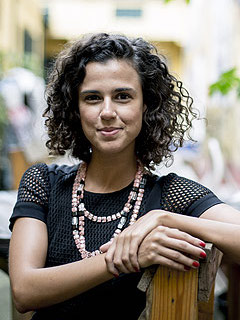 | Alessandra Orofino is an urban activist and founder of Meu Rio (My Rio), a network of individuals which facilitates campaigns and other forms of civic engagement for a more inclusive and sustainable city. She is also the founder of Nossas, a similar platform which expands her work to several other Brazilian cities. Orofino is also a board member at All Out, a columnist at the newspaper Folha de São Paulo, and a public defender of women's rights in Brazil. She has a degree in Economics and Human Rights from Columbia University. |
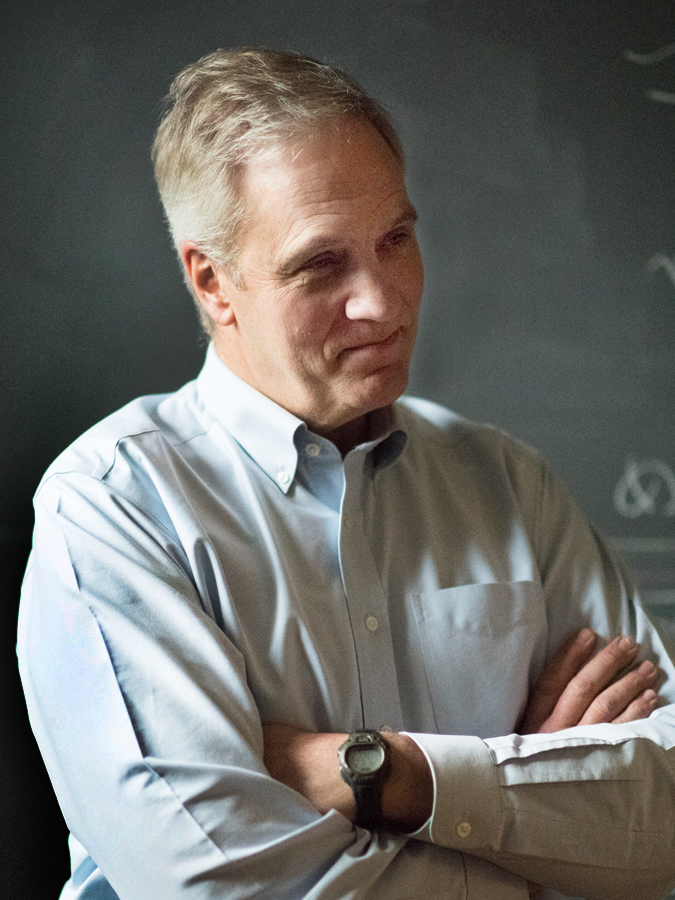 | Stephen Pacala is the Frederick D. Petrie Professor in the department of Ecology and Evolutionary Biology at Princeton University. His research focuses on climate change and systems ecology, more specifically on the global carbon cycle and the modeling of its interactions with communities and ecosystems. Professor Pacala is currently working on field projects in Amazonia and the deciduous-evergreen ecotone in the northern Midwest, as well as continuing the theoretical studies of ecological scaling rules, and combining the global ecosystem model to regional and global models of atmosphere and oceans. |
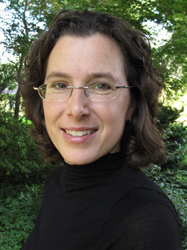 | Adriana Petryna is the Edmund J. and Louise W. Kahn Term Professor in Anthropology at the University of Pennsylvania. Her award-winning books focus on expert knowledge and collective survival in contexts of crisis, including in the aftermath of nuclear disaster and global health. Her current book project, What is a Horizon? Abrupt Climate Change and Human Futures, examines abrupt environmental shifts and the challenges of emergency response, particularly to rampant wildfires. She was a Faculty Fellow at Princeton University’s Center for Human Values and is currently a Guggenheim Fellow. |
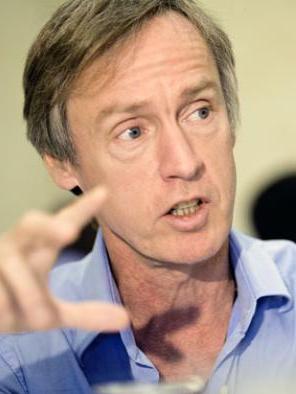 | Steve Schwartzman is a Senior Director of Tropical Forest Policy at the Environmental Defense Fund. For more than 20 years, he has worked with indigenous and traditional communities, governments, scientists and the private sector in the Brazilian Amazon to slow deforestation and protect forests. As an anthropologist, he worked with the Amazon rubber tappers’ movement, twice bringing activist Chico Mendes to the United States. His areas of expertise include tropical forests, Reducing Emissions from Deforestation and forest Degradation (REDD), Brazil and the Amazon, indigenous peoples and incentives for environmental protection. |
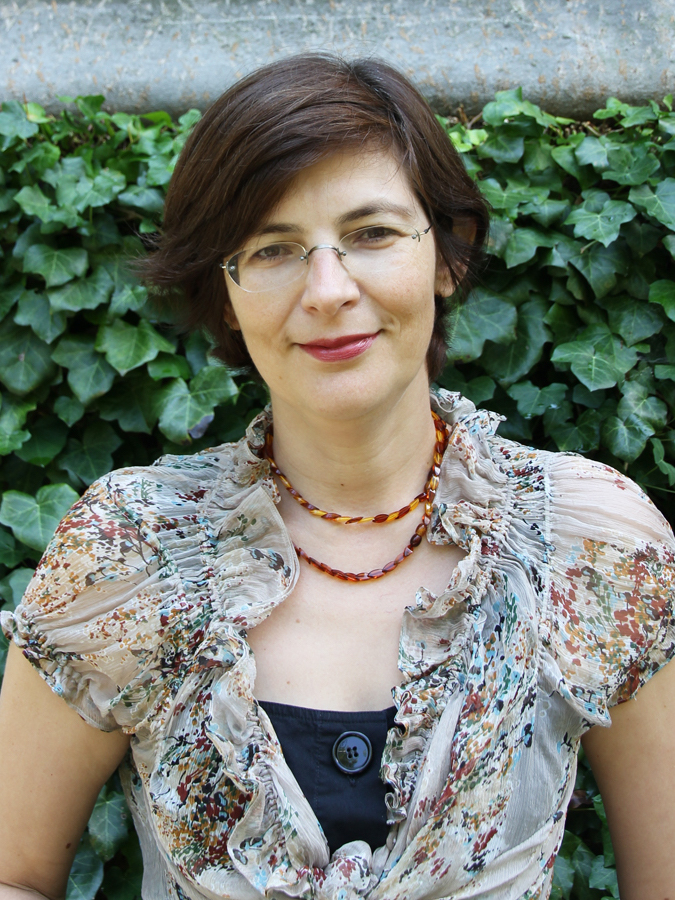 | Elena Shevliakova is a Senior Climate Modeler in the Ecology and Evolutionary Biology department at Princeton University. She is the co-chair of the Land Model Development Team Based in the Geophysics Fluid Dynamics Laboratory, a partnership between Princeton University and the National Oceanic and Atmospheric Administration. Her research interests include modeling biosphere-atmosphere interactions and the applications of such models to the issues of global environmental change. |
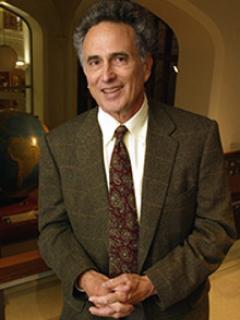 | Robert Socolow is professor emeritus, Department of Mechanical and Aerospace Engineering, Princeton University. He has been a leader in interdisciplinary initiatives on campus in energy and environment since 1971, helping to develop Princeton’s Center for Environmental Studies, now known as the Princeton Environmental Institute. His most recent research focuses on a scheme to move beyond per capita measures of national responsibility in international agreements, climate change as a risk management problem, nuclear power and climate change, constraints on biofuels, and deliberate removal of carbon dioxide from the atmosphere. |
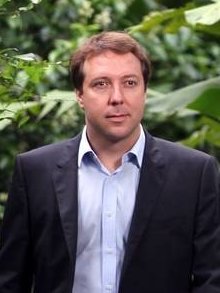 | Bernardo Baeta Neves Strassburg is the founder and Executive Director of the International Institute for Sustainability (IIS) in Rio de Janeiro, coordinator of the the Centre for Conservation and Sustainability Science (CSRio) and Assistant Professor at the Pontifical Catholic University of Rio de Janeiro (PUC-Rio). Bernardo is an economist with a M.Sc. in environmental planning and Ph.D. in Environmental Sciences, focused on issues related to reducing emissions from deforestation and forest degradation (REDD+). He has provided consultancy to the United Nations, the World Bank, and the Brazilian and British governments, among others. |
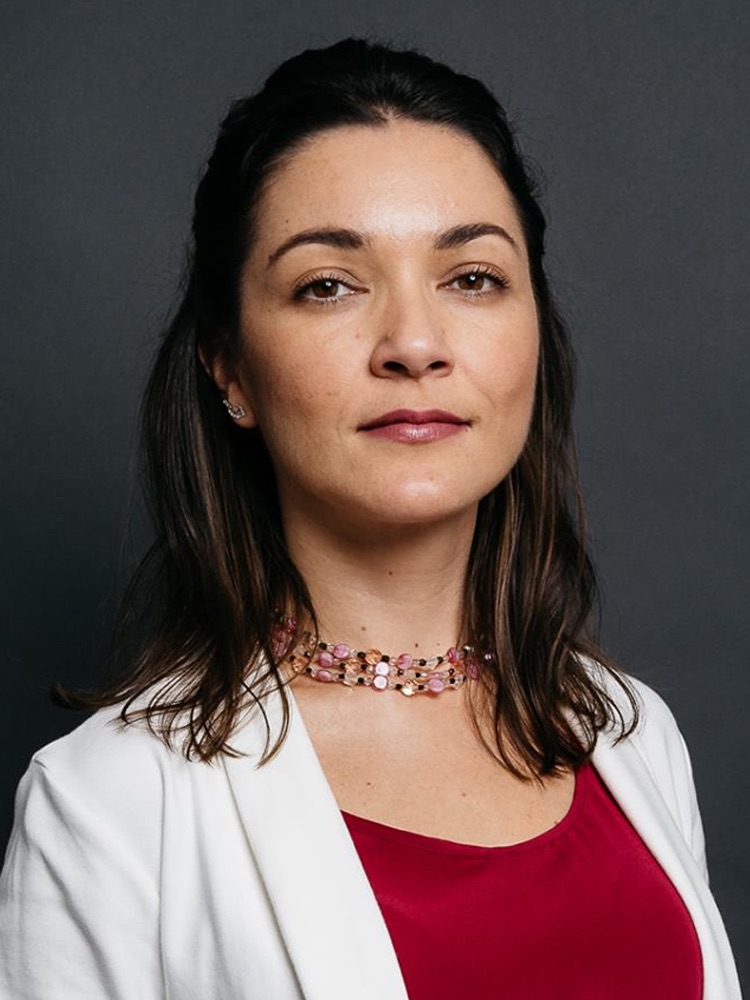 | Ilona Szabó is a Brazilian civic entrepreneur, co-founder and executive- director of the Igarapé Institute, a leading think-and-do-tank on security, justice and development issues in the Global South, and co-founder of the independent political movement Agora. An expert on Peace and Conflict Studies and International Development, Szabó was nominated a Young Global Leader at the World Economic Forum (2015). She is the author of the books Drugs: The Untold Stories (Drogas: As histórias que não te contaram, 2017) and Public Safety to Change the Game (Segurança Pública para Virar o Jogo, 2018). |
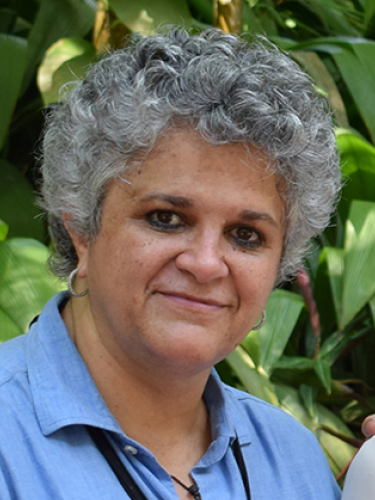 | Izabella Teixeira is the Co-chair of the International Resource Panel and former Minister of the Environment of Brazil. She received her master’s degree in energy planning and a PhD in environmental planning from the Federal University of Rio de Janeiro (UFRJ). Teixeira is considered an expert in environmental management, impact assessment and licensing, and for her outstanding career was named a "Champion of the Earth" by the UN in 2013. Today she works as a private consultant on environmental and climate change issues. |
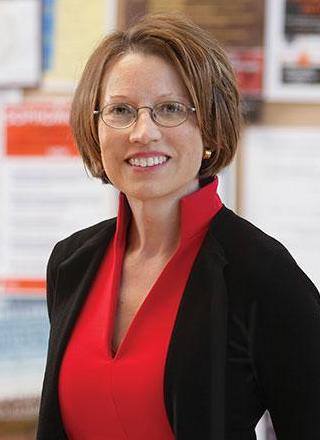 | Jennifer A. Widner is Professor of Politics and International Affairs and Director of Innovations for Successful Societies, a Woodrow Wilson School research program on improving government performance. Her current research focuses on the political economy of institutional reform, government accountability, and service delivery. She is author of Building the Rule of Law, a study of courts and law in Africa, and has published articles on a variety of topics in renowned Law and Politics Journals. She is completing a book about making government work in challenging settings, drawing on experiences in Africa, Asia, and Latin America. |
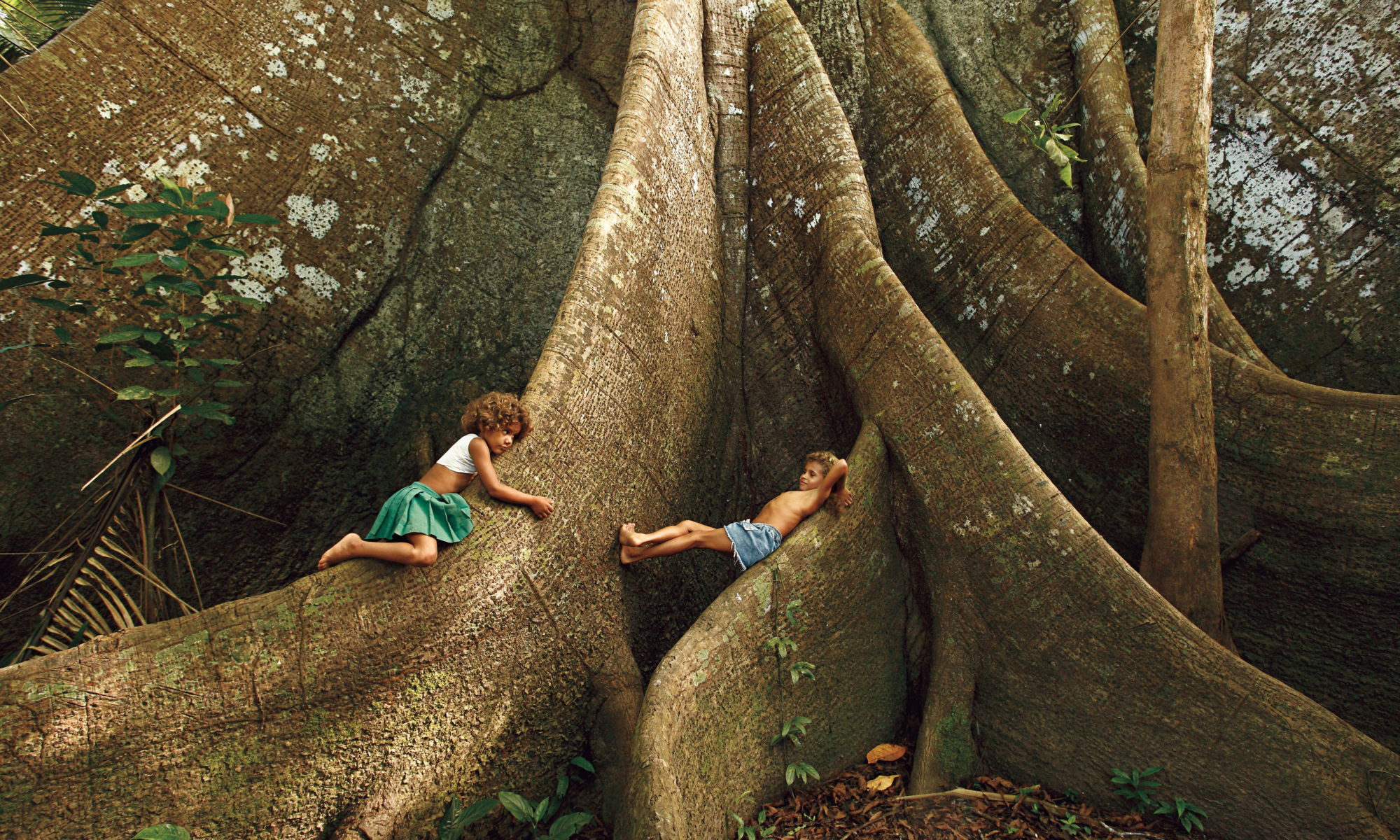
Long-term Vision for Safeguarding the Amazon for Brazil and the Planet